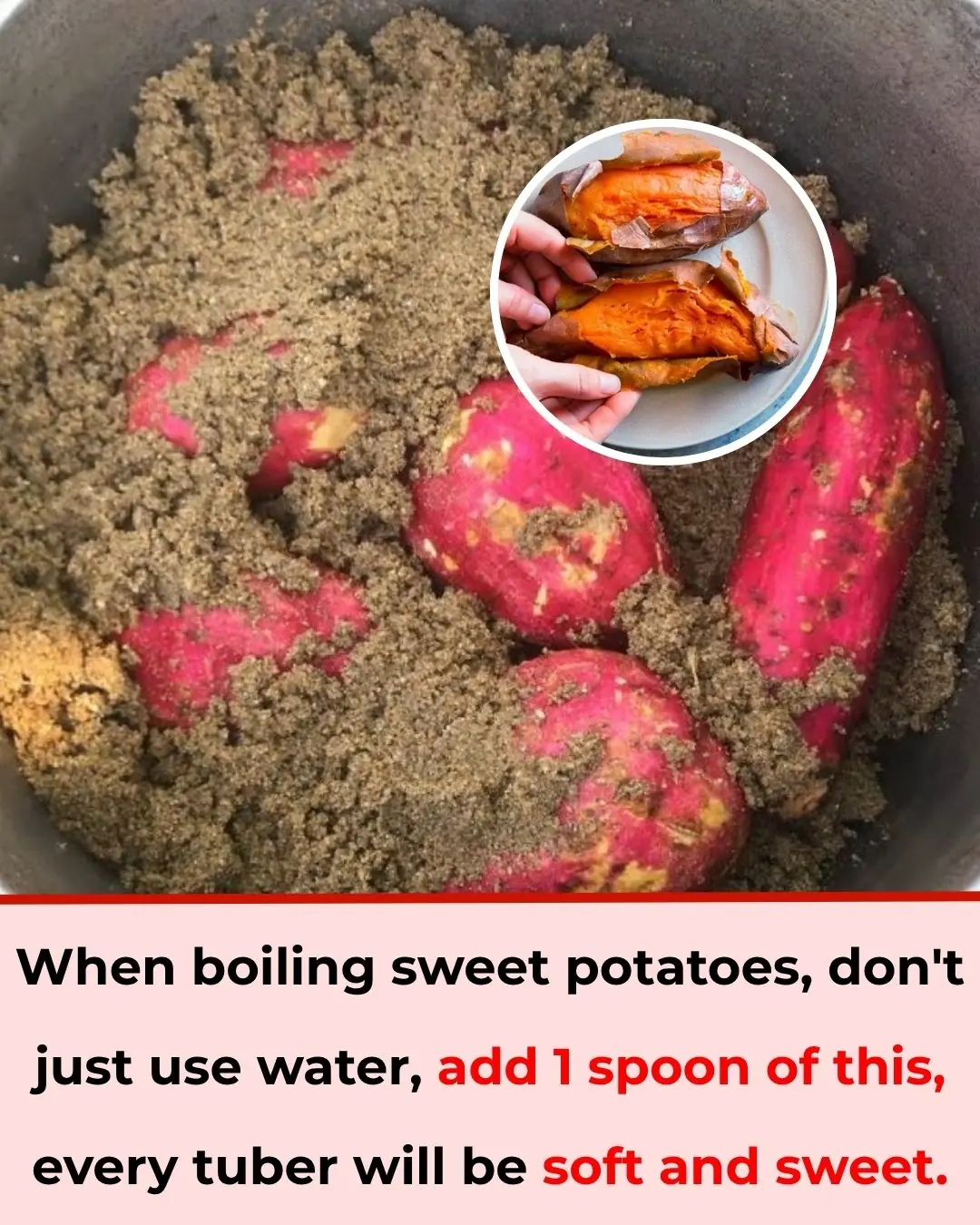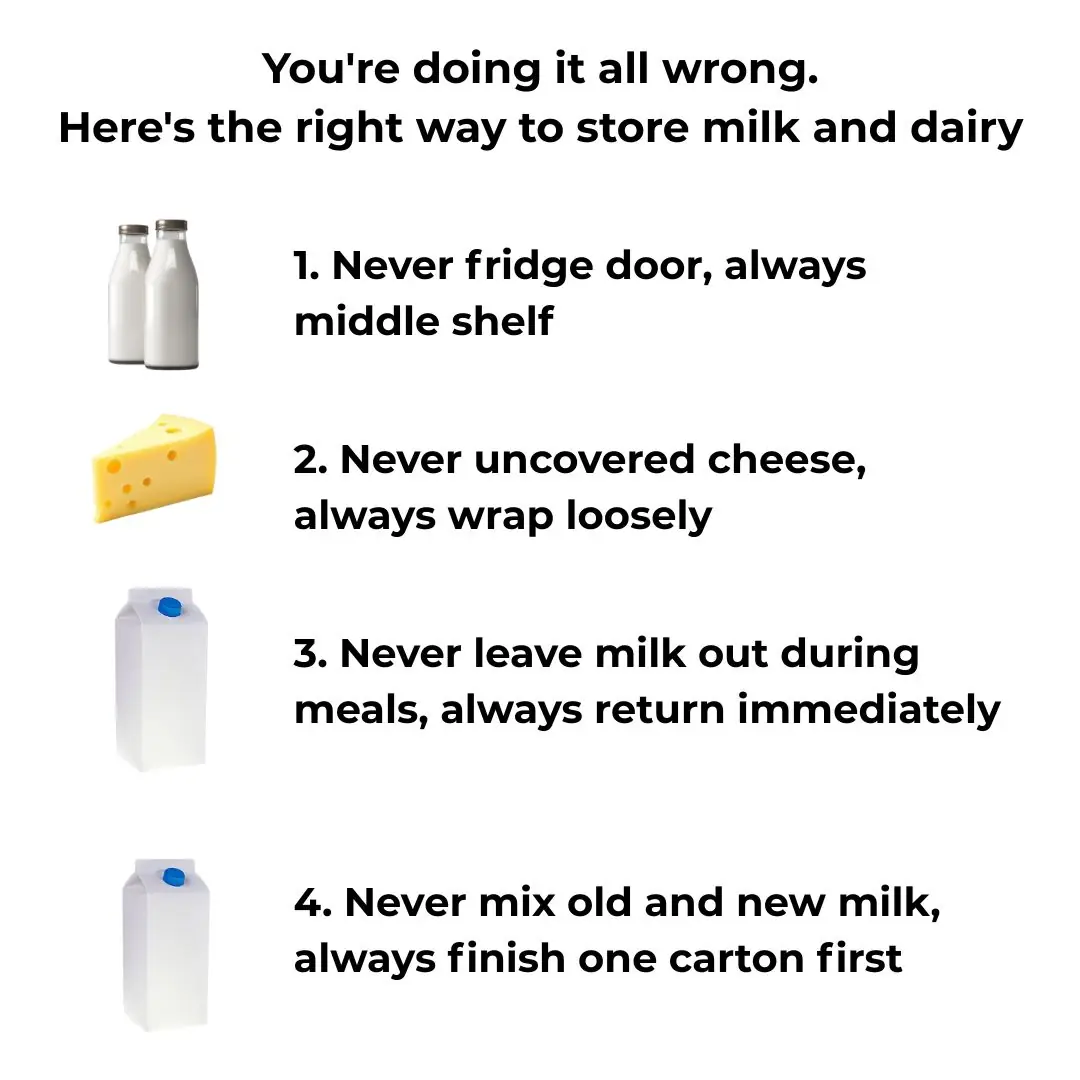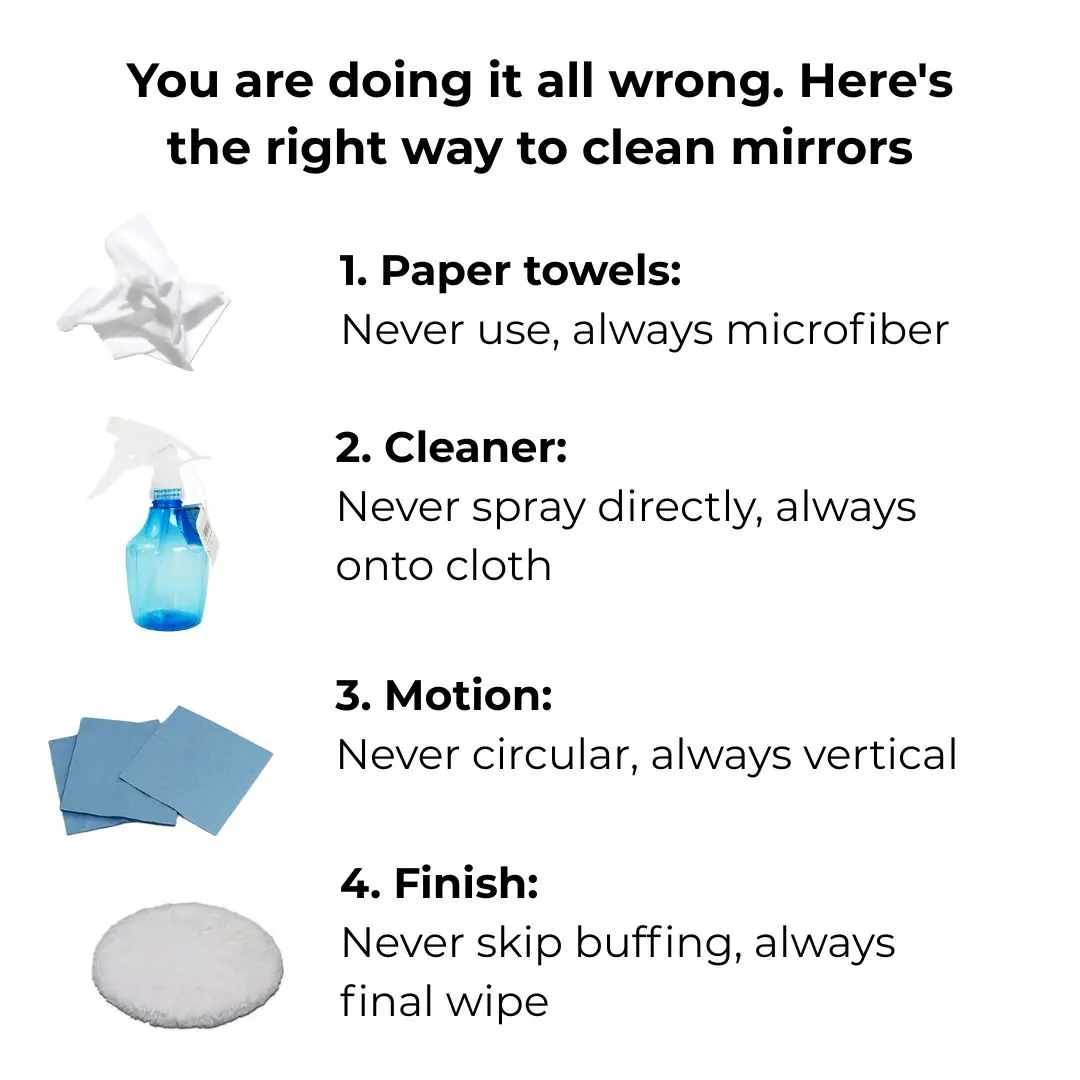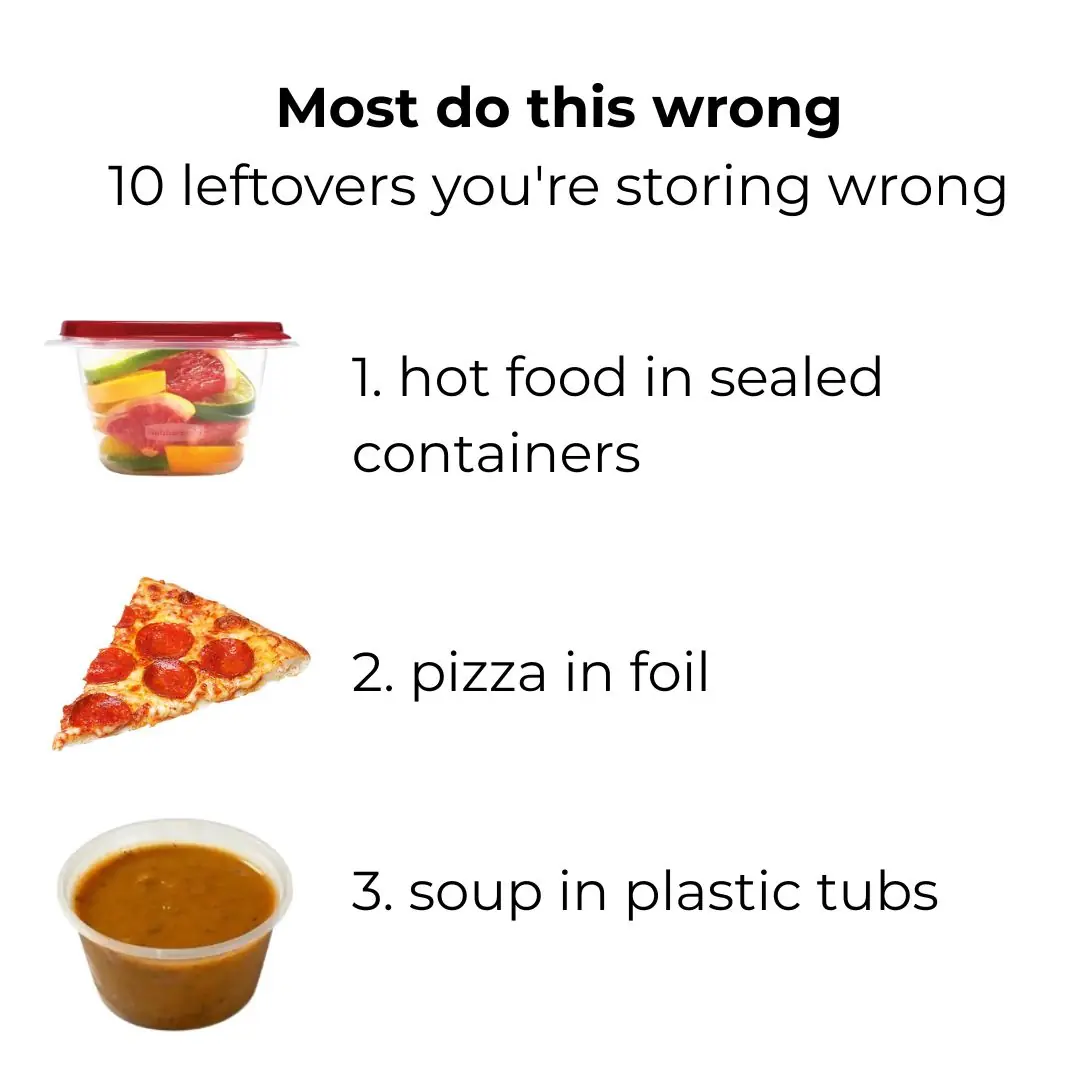
10 fridge habits you’re doing wrong
The refrigerator is one of the most important appliances in any home, yet many of us use it in ways that reduce its effectiveness without even realizing it. From placing foods in the wrong spots to skipping regular maintenance, these small habits can cause big problems — faster food spoilage, wasted electricity, and even potential health risks.
By understanding these common refrigerator mistakes and learning how to avoid them, you can keep your food fresher for longer, improve energy efficiency, and even save money on groceries and electricity bills. Let’s explore the most frequent fridge habits that might be holding you back — and how a few simple changes can make a big difference.
1. Washing Berries Before Storing Them
It may seem logical to wash berries before putting them in the fridge, but moisture is their worst enemy. When berries get wet, the extra water encourages mold and bacterial growth, causing them to spoil much faster.
What to do instead: Wait until just before eating or cooking to wash them. If you prefer washing them ahead of time, make sure they’re completely dry. You can spread them on a clean kitchen towel and gently pat them with paper towels. Store the berries in a breathable container lined with a dry paper towel to absorb any remaining moisture. This simple change can extend their freshness by several days.
2. Keeping Bread in the Fridge
Many people refrigerate bread to prevent mold, but the cold environment actually speeds up the staling process. The starch molecules in bread recrystallize at low temperatures, making the texture dry and tough.
Better option: Store bread at room temperature in a sealed bag, bread box, or airtight container for up to a week. If you need to keep it longer, freezing is far more effective. Slice the bread first, wrap it tightly in plastic or foil, and place it in a freezer-safe bag. When needed, thaw or toast individual slices for best results.
3. Lining Shelves with Paper Towels
While paper towels might seem like a good way to keep your fridge clean, they can actually block airflow and disrupt temperature consistency. Proper air circulation is crucial for keeping food evenly chilled and preventing warm spots.
Instead: Wipe spills as soon as they occur using a damp cloth and mild detergent. Consider using removable fridge mats — they’re easy to clean and don’t interfere with airflow. A quick wipe-down once a week helps maintain hygiene and keeps your fridge smelling fresh.
4. Ignoring Expired Condiments for Years
Condiments seem to last forever, but they do expire eventually. Over time, flavor fades and bacteria can develop, especially if the bottle has been repeatedly opened and closed.
Pro tip: Go through your condiments at least every few months. Check the “best by” dates and discard any that are long past their prime. When opening a new bottle, write the date on the label with a permanent marker — it’s a simple habit that helps you keep track of freshness and reduces waste.
5. Overstuffing the Fridge
A packed fridge might look like abundance, but it’s actually counterproductive. Overcrowding blocks airflow, causing uneven cooling and forcing the motor to work harder, which increases energy use and shortens the appliance’s lifespan.
Ideal setup: Keep your fridge around 70–75% full for optimal air circulation. Use clear storage bins to group similar items together and make it easier to see what you have. Do a quick check every week — remove forgotten leftovers and plan meals around foods that need to be eaten soon.
6. Improperly Storing Dairy Products
Dairy products like milk, yogurt, and cheese are especially sensitive to temperature changes. Storing them in the fridge door exposes them to warmer air every time the door opens, causing them to spoil faster.
What to do: Store milk and yogurt on the middle or lower shelves where the temperature is most stable. Keep cheese in its original wrapping or rewrap it in wax paper and place it in a partially sealed container to prevent it from drying out. Also, keep dairy away from strong-smelling foods — cheese and butter can easily absorb unwanted odors.
7. Not Rotating Food Items
Failing to rotate food is one of the main causes of waste. When new groceries are placed in front of older ones, the latter often get forgotten until they spoil.
Simple fix: Follow the “first in, first out” rule. Move older items to the front and put new purchases at the back. This practice is especially useful for perishable goods like produce, meats, and dairy. Not only will you waste less, but you’ll also save money and keep your fridge more organized.
8. Storing Eggs in the Fridge Door
Although most refrigerators have an egg compartment in the door, that’s actually one of the warmest areas of the fridge. Frequent temperature changes can make eggs spoil faster.
Better spot: Keep eggs in their original carton on a middle shelf. The carton prevents them from absorbing odors and helps maintain consistent temperature. Properly stored eggs can stay fresh for three to five weeks beyond the purchase date.
9. Not Keeping Meat on the Bottom Shelf
Raw meat poses a high risk of cross-contamination if stored improperly. Even a small leak can drip onto other foods, spreading bacteria like salmonella or E. coli.
Best practice: Always store raw meat, poultry, and seafood on the bottom shelf, ideally in a sealed container or on a plate to catch any juices. This shelf is also the coldest part of the fridge, helping keep meat fresh longer. Label containers with purchase dates to ensure you use older items first.
10. Failing to Clean the Fridge Regularly
A neglected fridge can quickly turn into a breeding ground for bacteria, mold, and unpleasant odors. Dust buildup on coils and spills inside the fridge can also make it work harder and consume more electricity.
Maintenance routine: Empty your fridge completely every three to four months. Wash shelves and drawers with a mixture of warm water and baking soda, then dry them thoroughly before restocking. Use this opportunity to toss expired items and reorganize the rest. Wiping down door seals also improves energy efficiency by ensuring a tighter closure.
11. Using the Wrong Temperature Settings
Temperature plays a huge role in keeping your food safe. A fridge that’s too warm can cause food to spoil quickly, while one that’s too cold can freeze fruits, vegetables, and dairy.
Ideal temperature range: Between 37°F (2.8°C) and 40°F (4.4°C) for the fridge, and 0°F (-18°C) for the freezer. Use a fridge thermometer to verify accuracy — built-in sensors aren’t always precise. Avoid overcooling, and make sure there’s enough space behind items for air to circulate evenly.
Final Thoughts
Your refrigerator works hard every day, often running 24/7, so a little attention goes a long way. By correcting these small but common habits, you’ll not only extend the life of your appliance but also save money, reduce food waste, and keep your household healthier. A well-organized, properly maintained fridge is truly the heart of a smart kitchen.
News in the same category


Washing and conditioning hair with beer helps reduce hair loss and stimulates continuous hair growth

Soak your whole body with warm ginger water before going to bed.

Add ice cubes to the bone broth

When boiling sweet potatoes, don't just use water, add 1 spoon of this, every tuber will be soft and sweet

Stir-fried beef is tough: Add these 3 steps, the meat will be softer, sweeter, and tastier than in restaurants

Using Hot Water to Clean a Greasy Pan Sounds Smart — But It’s Actually Doing More Harm Than Good

Why seniors should keep their socks on even at home

Why You Should Sprinkle Salt on Your Gas Stove — The Surprising Cleaning Hack That Works Wonders

Stop throwing out old hoses. Here are 10 brilliant hacks to use them around the house

You’re doing it all wrong. Here’s the right way to clean air vents

My nana taught me this hack to get rid of lawn burn from dog pee in 5 mins with 0 work. Here’s how it works

You're doing it all wrong. Here’s the right way to store milk and dairy

You are doing it all wrong. Here's the right way to clean mirrors

Most do this wrong. 10 leftovers you’re storing wrong

Delicious and crispy onion salt, you can keep it all year round without worrying about scum, just make it this way, whoever eats it will remember it forever

You are doing it all wrong. Here's the right way to store cleaning supplies

My nana taught me this hack to whiten yellow pillows in 5 mins with 0 work. Here’s how it works

If you see this plant, you are sitting on gold and don't even know it.
News Post

The Natural Anti-Aging Duo: How Rice and Almond Oil Can Help Smooth Wrinkles and Rejuvenate Your Skin

Popular Blood Pressure Drug Linked To Increased Risk of Skin And Lip Cancer

When making spring roll filling, remember 1 step carefully

Washing and conditioning hair with beer helps reduce hair loss and stimulates continuous hair growth

Soak your whole body with warm ginger water before going to bed.

Discover the Meaning of a Black Cat Approaching You

Add ice cubes to the bone broth

11 Benefits of Dandelion Roots

#1 Absolute Best Toenail Fungus Cure You Can Make at Home with Just 3 Ingredients

Banana Peel & Cornstarch: A Natural Skin Hack That Could Help You Look Younger

Homemade Remedies for Varicose Veins with Onion, Garlic, and Apple Cider Vinegar

Crema Casera con Vaselina que Rejuvenece la Piel al Instante

Top 5 Natural Remedies to Shrink Enlarged Pores and Achieve Smooth Skin

DIY Onion Sunflower Seed Oil: Get New Hair In Bald Patches

Homemade Carrot Oil for Glowing Skin: A Natural Solution for Dark Spots, Wrinkles & Anti-Aging

Glow Ice: Rice Water Cubes to Shrink Pores and Get Clear, Radiant Skin

The Body’s Intuition: Signs of an Impending End

When boiling sweet potatoes, don't just use water, add 1 spoon of this, every tuber will be soft and sweet

Stir-fried beef is tough: Add these 3 steps, the meat will be softer, sweeter, and tastier than in restaurants
